Tunisia engulfed in crippling nationwide strike over economic woes as unions challenge president
Tunisia has almost become crippled by a nationwide strike over economic woes as unions challenge the government of President Kais Saied.
Much of the North African country was brought to a standstill on Thursday after the powerful Tunisian General Labour Union (UGTT) went on strike over the government's economic reform plans and soaring inflation, increasing pressure on Saied as opposition to his rule mounts and the economy unravels.
Tunisia’s main trade union confederation had called up to three million public sector workers to strike, halting work at 159 state agencies and public companies to demand concessions on salaries and threatened reforms.
Following the call of strike, flights were canceled, public transport came to a halt, government offices were closed, public utilities were shut down, and even public television played repeats and carried an announcement that staff were taking part in the strike, which further piles pressure on an embattled president who is already facing a string of crises.
In capital Tunis, where action appeared to be widely observed, police were deployed in large numbers outside UGTT headquarters as strikers began to gather for a rally.
At Tunis-Carthage International Airport, the capital’s main airport, check-in desks were empty and desperate passengers gazed at screens showing rows of canceled flights. Even sea ports were paralyzed by the one-day walkout by the UGTT call for strike.
“This strike is the culmination of a collective failure by more than 10 Tunisian governments, the UGTT, the International Monetary Fund and Tunisia’s international partners” to restructure the economy, said Tunisian economist Fadhel Kaboub.
“It will serve as a reminder to the IMF that working people in Tunisia can only sustain so much economic pain.”
The strike comes at a time when Tunisia prepares to hold formal talks with the IMF on a fresh bailout plan for its debt-laden economy.
While the UGTT stresses that the strike is not political, it is held as Saied faces strong criticism for excluding opposition forces from his “national dialog” - part of a push to overhaul the Tunisian state and consolidate an ongoing power grab.
“It’s time for the IMF, the Tunisian government and the UGTT to formulate an alternative vision for economic development in Tunisia,” Kaboub added.
In July last year and after violent rallies against the government demanding the improvement of basic services, Saied suspended the parliament, known as the Assembly of Representatives, for a month and relieved the prime minister of his duties, waived the immunity of lawmakers, and ordered the military to close the parliament house.
The president later extended the suspension of the parliament until a new election takes place. In September, he announced that he would rule by decree, ignoring parts of the constitution. In February this year, he also dissolved the Supreme Judicial Council, a top independent judicial watchdog.
In late March, Saied even dissolved the parliament hours after more than half members of the suspended parliament held a plenary session online and voted through a bill against Saied’s “exceptional measures,” although he had dismissed their meeting as illegal.
Opponents accused him of launching a coup and attempting to assume near-total power.
Saied, a former law professor, says he will form a committee to rewrite the constitution, put it to a referendum in July, and hold parliamentary elections in December.
Critics say Saied has moved Tunisia, which faces a grinding economic crisis, down a dangerous path back toward autocracy.
Tunisia's budget deficit will expand to 9.7% of GDP this year, in comparison to a previously expected 6.7%, due to a stronger US dollar and sharp rise in grain and energy prices, the central bank governor, Marouan Abassi, said this month.
UK engaged in 'systematic' suppression of pro-Palestine voices: Report
Hundreds of Greeks protest US warship arrival in Crete
Iran warns Trump against decisions based on false information
Iran embassy rejects 'fabricated' French reports on domestic affairs
Trump’s military buildup against Iran on Netanyahu’s behalf is a gambit doomed to fail
Iran dismisses US 'big lies' on nuclear, missile programs
CIA‑founded NGO admits deploying Starlink satellites for Iran riots
VIDEO | French comedian targeted by Rothschild and Epstein for his shows on Palestine


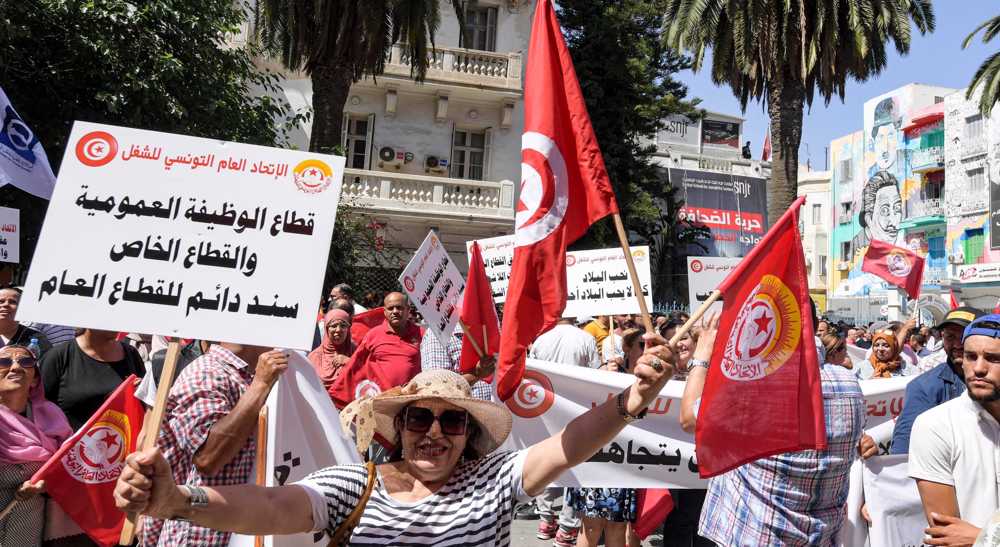
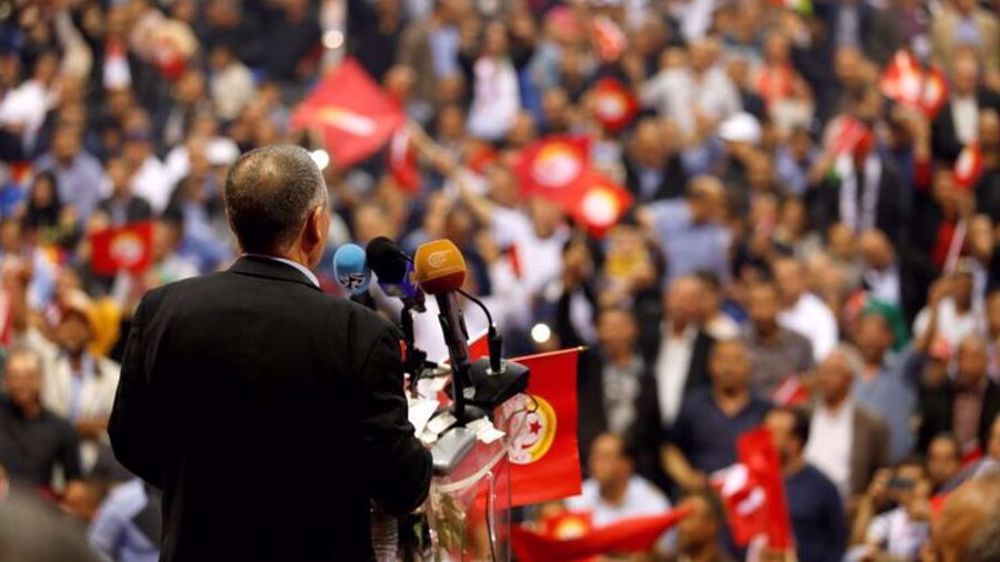
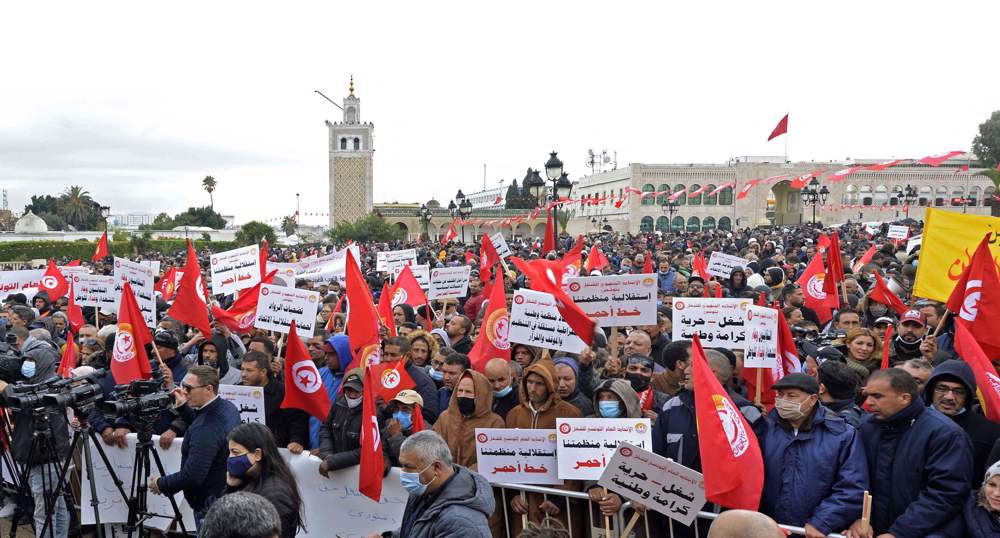

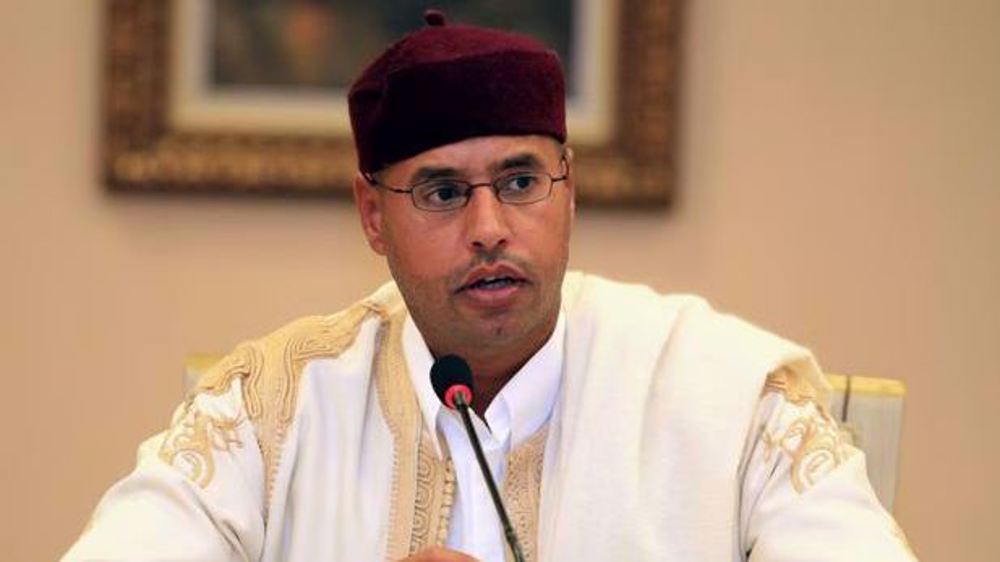
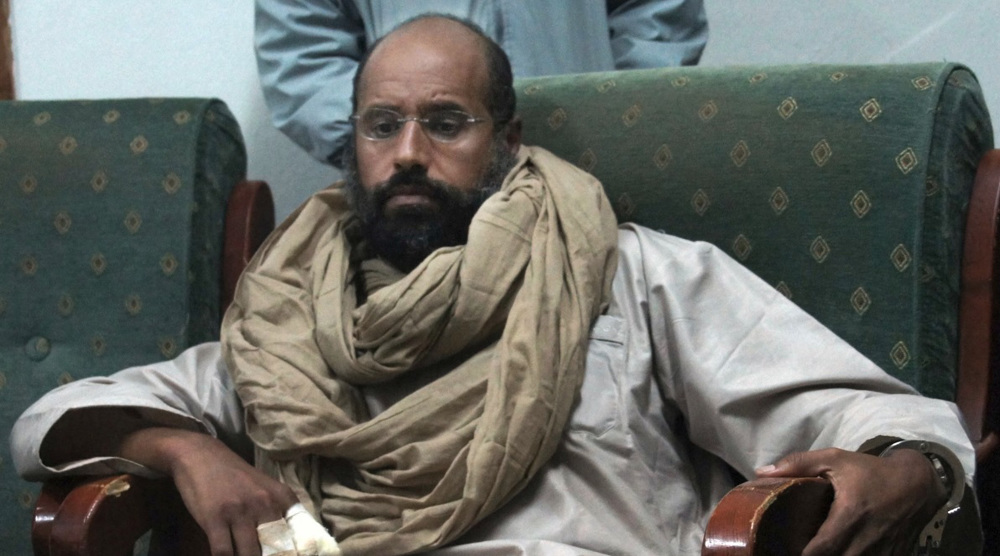




 This makes it easy to access the Press TV website
This makes it easy to access the Press TV website